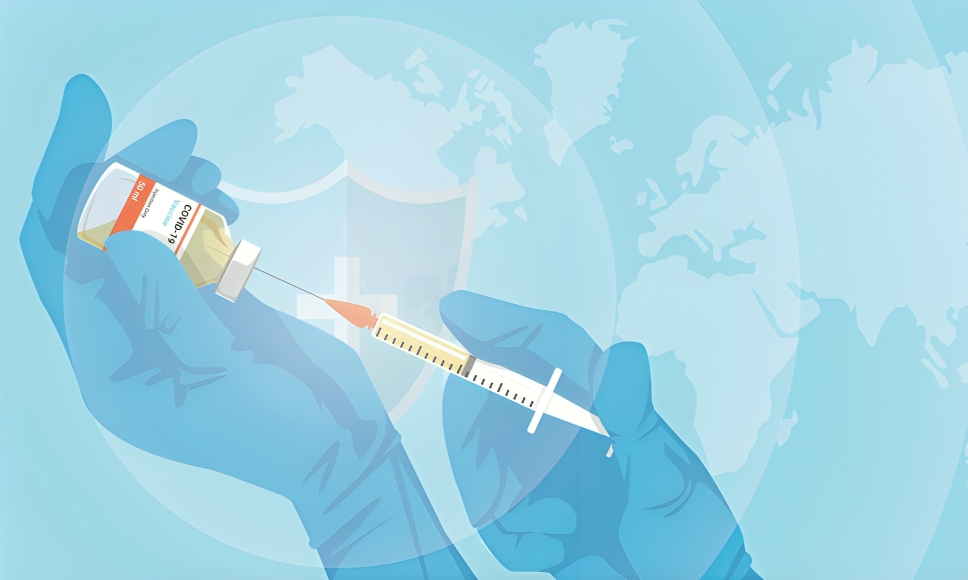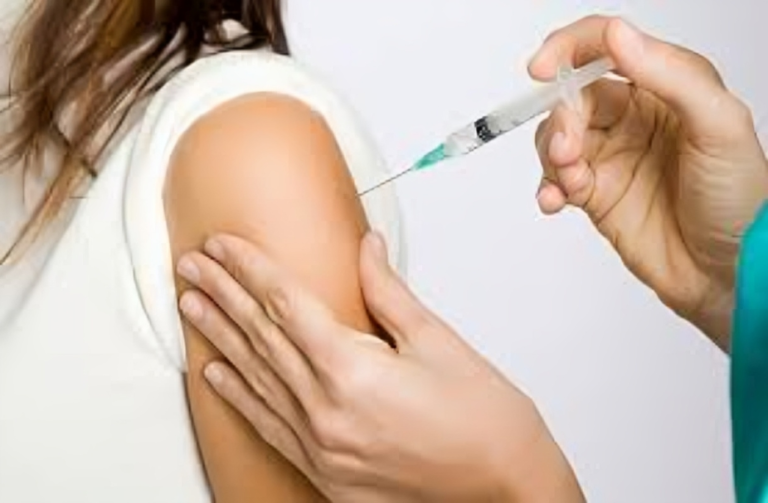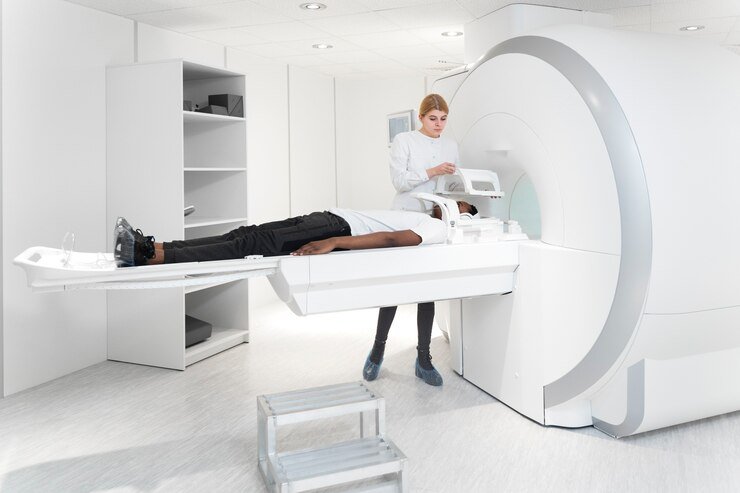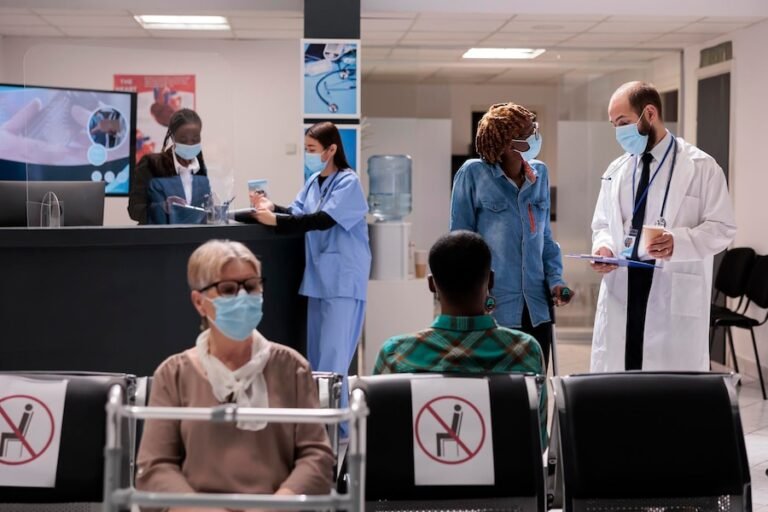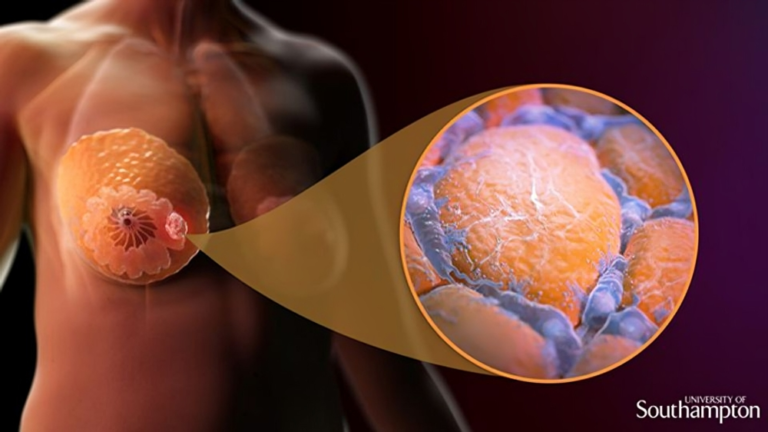Fortifying Health Defenses: The Synergy of Cancer Screening and Vaccination.
In the ongoing battle against cancer, the integration of proactive measures has become increasingly vital. Combining cancer screening with vaccination presents a formidable strategy to detect and prevent various types of cancers, ushering in a new era of comprehensive healthcare. This article explores the significance of cancer screening and vaccination, examining their individual merits and the synergies that emerge when these powerful tools are employed together.
To Know More About It Please Click Here
The Importance of Cancer Screening
- Early Detection Saves Lives:
- Cancer screening aims to identify abnormal cells or signs of cancer before symptoms manifest. Early detection often leads to more successful treatment outcomes and increased survival rates.
- Risk Assessment and Prevention:
- Screening helps assess an individual’s risk factors for specific cancers, allowing for personalized prevention strategies and lifestyle modifications to mitigate those risks.
- Reducing Cancer Burden:
- By identifying pre-cancerous lesions or tumors in their early stages, screening contributes to a decrease in the overall burden of cancer, both in terms of mortality and healthcare costs.
- Tailored Treatment Plans:
- Early screening allows healthcare professionals to tailor treatment plans based on the specific characteristics of the detected cancer, optimizing the chances of successful intervention.
The Role of Vaccination in Cancer Prevention
- HPV Vaccination:
- Human Papillomavirus (HPV) vaccination is a powerful tool in preventing cervical and other cancers. It targets the primary cause of cervical cancer and reduces the risk of other HPV-related cancers in both men and women.
- Hepatitis B Vaccination:
- Hepatitis B virus (HBV) vaccination helps prevent chronic hepatitis B infection, which is a major risk factor for liver cancer.
- Lung Cancer Vaccines:
- Ongoing research is exploring the development of vaccines targeting specific proteins associated with lung cancer, offering potential preventive measures for high-risk populations.
- Stomach Cancer Vaccination:
- Vaccination against Helicobacter pylori, a bacterium linked to stomach cancer, may play a role in preventing this particular type of cancer.
Synergy of Cancer Screening and Vaccination
- Comprehensive Prevention Strategies:
- Integrating cancer screening and vaccination creates a holistic approach to cancer prevention, addressing both the identification of early-stage cancers and the mitigation of risk factors through immunization.
- Targeting Preventable Cancers:
- Vaccination, especially against viruses linked to specific cancers, complements screening efforts by directly targeting preventable causes of the disease.
- Enhanced Risk Reduction:
- Individuals who undergo cancer screening and receive relevant vaccinations benefit from a multi-layered defense against cancer, significantly reducing their overall risk.
- Public Health Impact:
- Widespread adoption of cancer screening and vaccination can have a substantial impact on public health, potentially reducing the incidence of certain cancers and improving overall community well-being.
- Educational Outreach:
- The integration of screening and vaccination offers opportunities for comprehensive educational campaigns, empowering individuals to make informed decisions about their health and well-being.
To Know More About It Please Click Here
Conclusion
The synergy between cancer screening and vaccination represents a groundbreaking approach to cancer prevention, transforming the landscape of healthcare. By combining the strengths of early detection through screening and targeted prevention through vaccination, we pave the way for a future where the impact of cancer is significantly diminished. As research and technology continue to advance, the collaboration between these two pillars of preventive medicine holds tremendous promise in fortifying our collective health defenses against the many faces of cancer.

